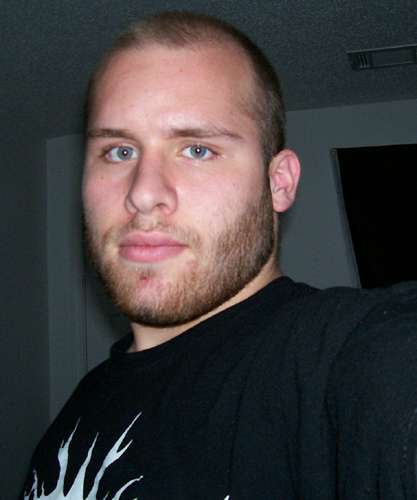 by Pops » Fri 15 Jan 2016, 18:12:31
by Pops » Fri 15 Jan 2016, 18:12:31
Subjectivist wrote:Agreed, some means of exchange that supplants barter as the method of trade is very useful. That is why it was invented at least 6000 years ago and continues today, but it doesn't have to be fiat currency.
No it doesn't have to be fiat money.
My whole point here is that fiat money — yes at the mercy of government

— plus the fractional reserve system make a more responsive, flexible system than commodity money or equity money.
The big thing we face in What Do We Do is try to muddle the economy along. Any rigid monetary system where the
amount of dollars doesn't fluctuate automatically means the
dollar's value and so asset value and the price of stuff must take up all the slack.
Better the loans and offsetting deposits increase or decrease with the market.
The legitimate object of government, is to do for a community of people, whatever they need to have done, but can not do, at all, or can not, so well do, for themselves -- in their separate, and individual capacities.
-- Abraham Lincoln, Fragment on Government (July 1, 1854)




